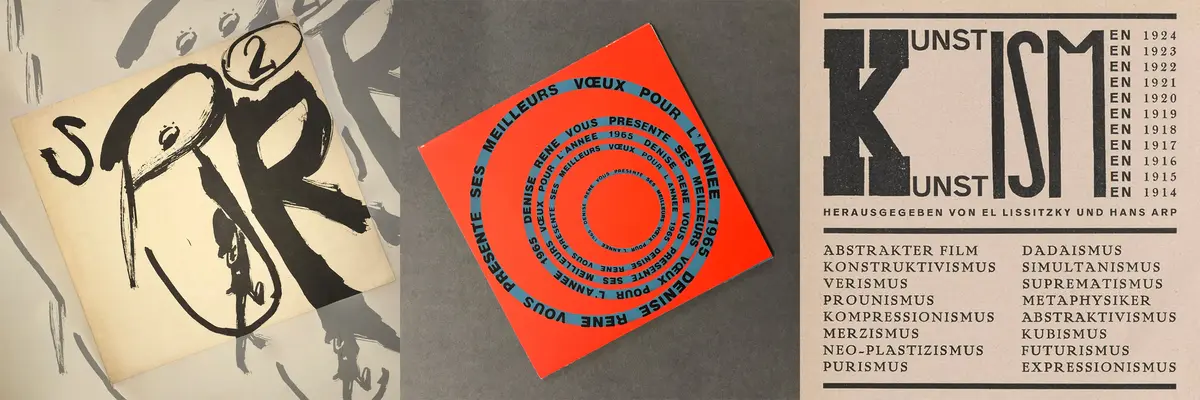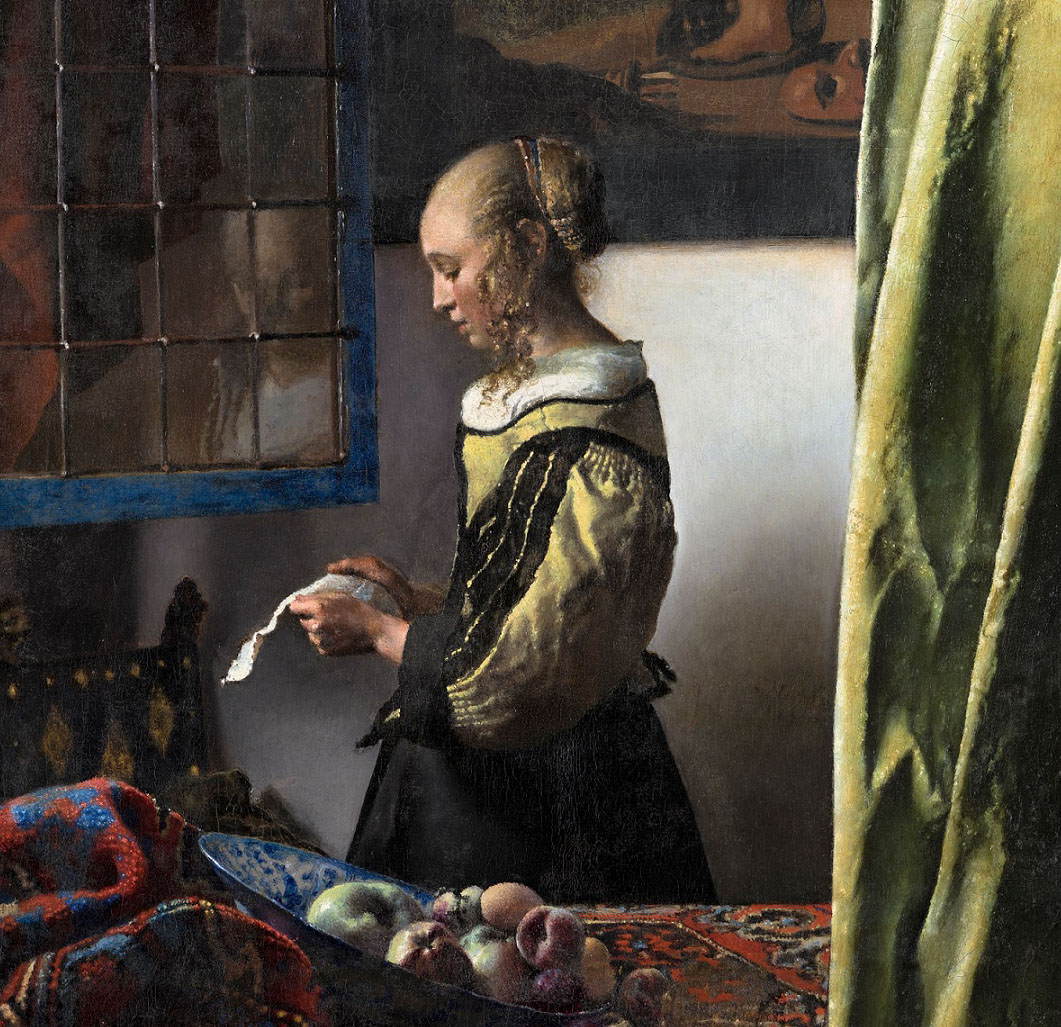Der Titel „Archiv der Avantgarden“
The name Archiv der Avantgarden (Archive of the Avant-Gardes) captures the essence of the ADA’s collection, which was assembled by Egidio Marzona starting in the 1960s. Drawing inspiration from the book Die Kunstismen (“The Isms of Art,” 1925) by Hans Arp and El Lissitzky, and Aby Warburg’s concept of “good neighborhoods” and “serendipity”, Marzona has compiled a singular, non-hierarchical archive comprising hundreds of thousands of items. It consists of original works of art, architectural and design artifacts, books and posters, photographs, audiovisual materials, and archival documents. The latter, featuring original correspondence, notes, photos, and ephemera, have been meticulously classified by Marzona into an archive based on the isms of art as well as other categories such as film, dance, and music. Collectively, these items form an expansive cross-section of the 20th century’s avant-garde and utopian movements and the connections between them. The archive, known for its surprising breadth and depth and the core of the ADA, now serves as an important resource for scholarly and artistic research worldwide.

